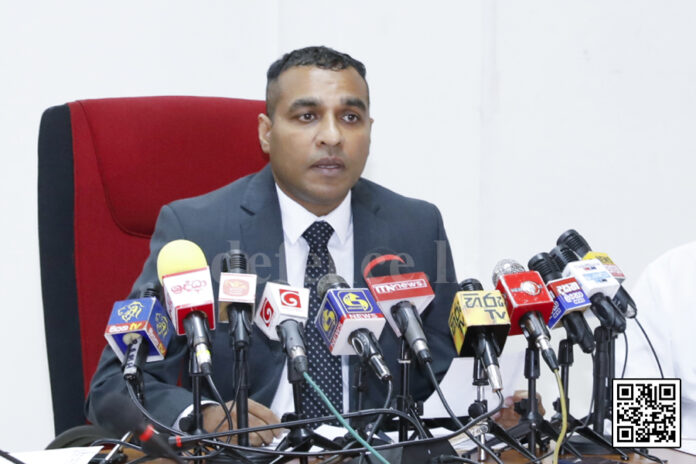COLOMBO; In response to growing concerns over the adequacy of existing Memorandums of Understanding (MOUs) between foreign and local institutes, Sri Lanka has appointed a high-profile committee tasked with conducting a comprehensive review. The primary goal is to ensure that these agreements align with the best interests of the nation.
Chaired by the the committee comprises representatives from key government bodies, including the Ministry of Defense, the Ministry of Foreign Affairs, and other relevant departments. This esteemed group, led by the Chief of National Intelligence, will bring their diverse expertise to scrutinize and enhance the existing MOUs.
The committee’s core responsibilities include a thorough examination of all existing MOUs, followed by the formulation of recommendations aimed at improving these agreements. The specific tasks assigned to the committee encompass various aspects related to bilateral cooperation and legal frameworks.
Memorandums of understanding (MOUs) between local and foreign institutes aim to foster mutually beneficial relationships through collaboration. However, a critical review is needed to ensure these agreements are optimized. Key areas to evaluate include bilateral mutual benefits, legal and functional obligations, exchange conditions, and unique issues specific to the involved institutes. The MOUs should deliver reciprocal advantages economically, technologically, and strategically for both parties.
Compliance with laws, clarity of provisions, and completeness of outlined obligations require examination. Fairness, efficiency and enforceability of resource and knowledge exchange mechanisms need assessment. Additionally, factors indigenous to each institute – cultural, environmental, operational – must be considered to ensure MOU adaptability and effective implementation. Overall, while MOUs establish valuable collaborative frameworks, comprehensive evaluations are essential to maximize bilateral benefits, fulfill legal duties, enable equitable exchanges, and address distinctive institutional characteristics. Regular critical reviews will optimize these partnerships.
This meticulous and thorough review by the committee reflects Sri Lanka’s commitment to safeguarding its interests and ensuring that its agreements with foreign entities serve the nation’s best interests. The outcomes of this review are expected to contribute to stronger and more mutually beneficial collaborations between local and international institutes.

